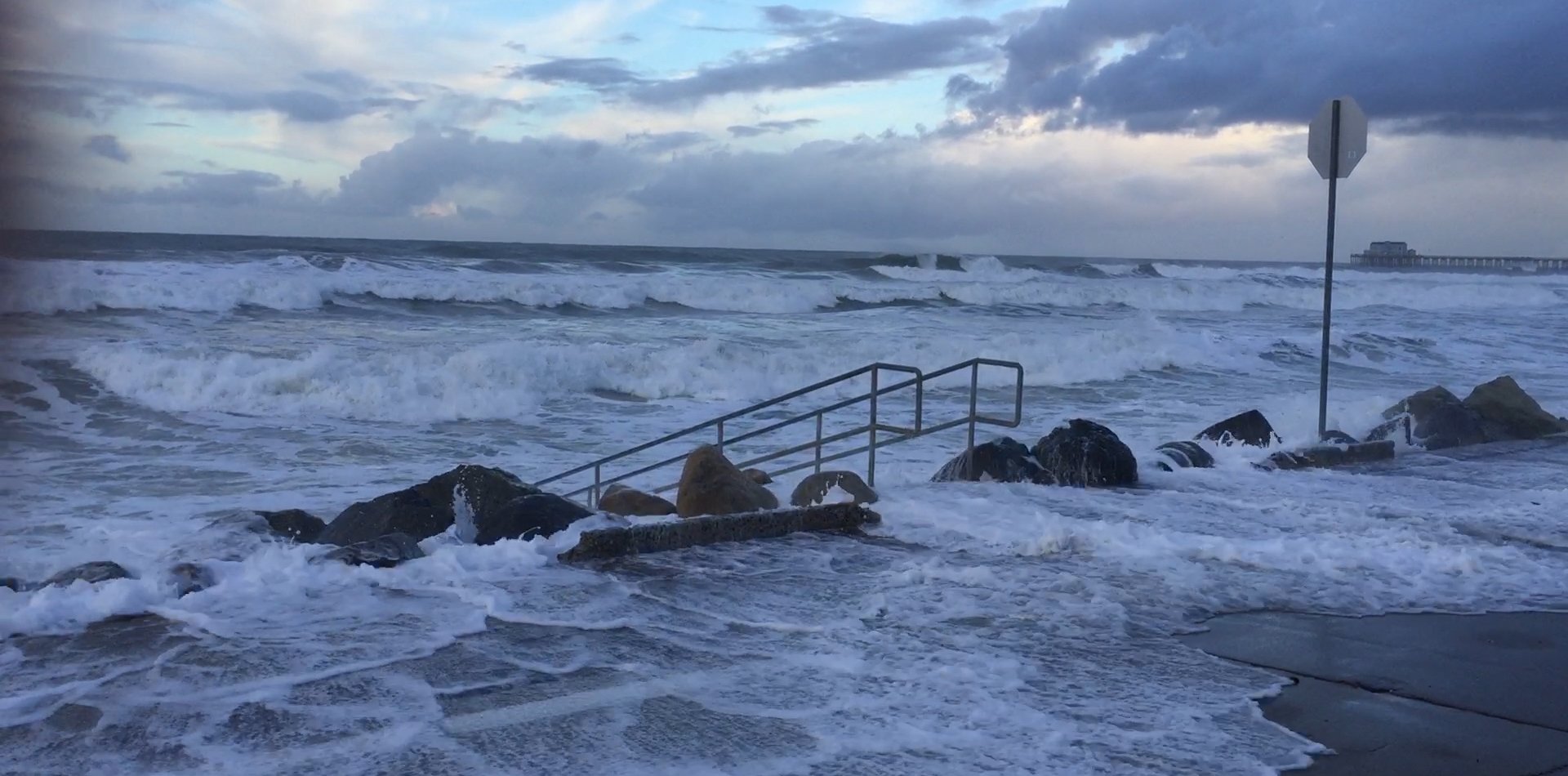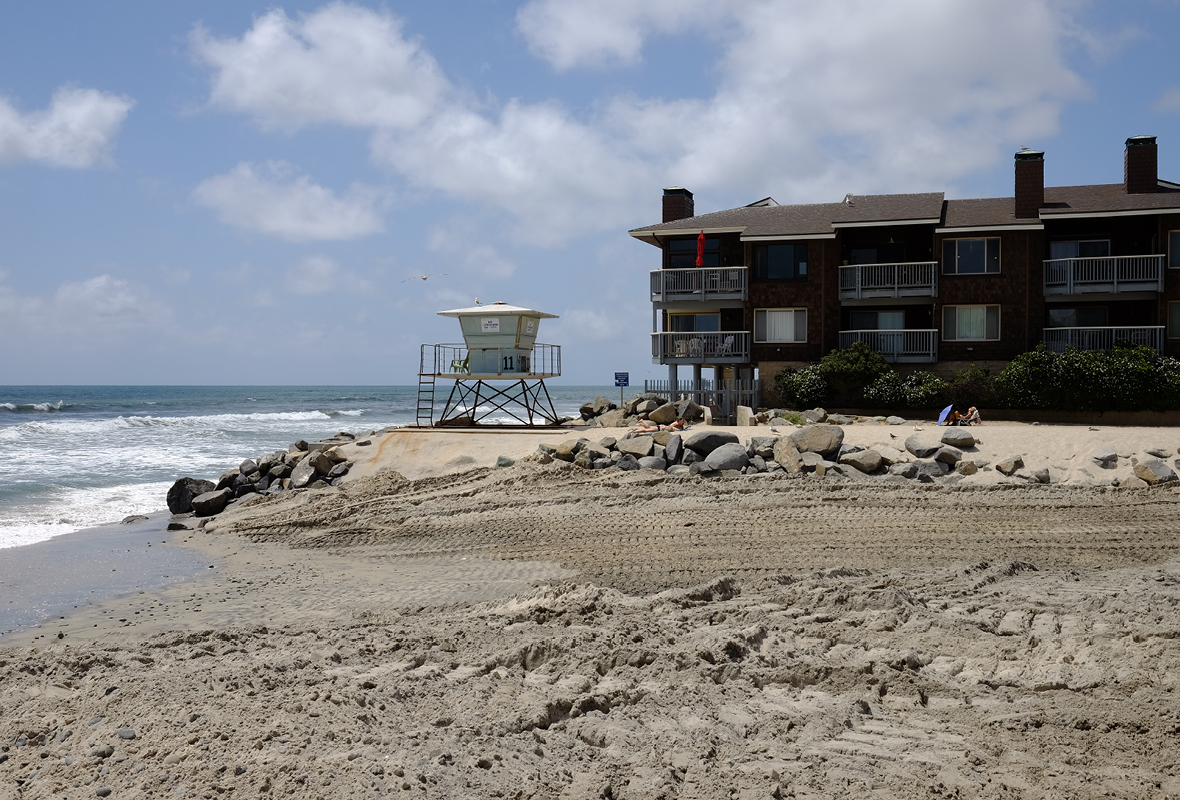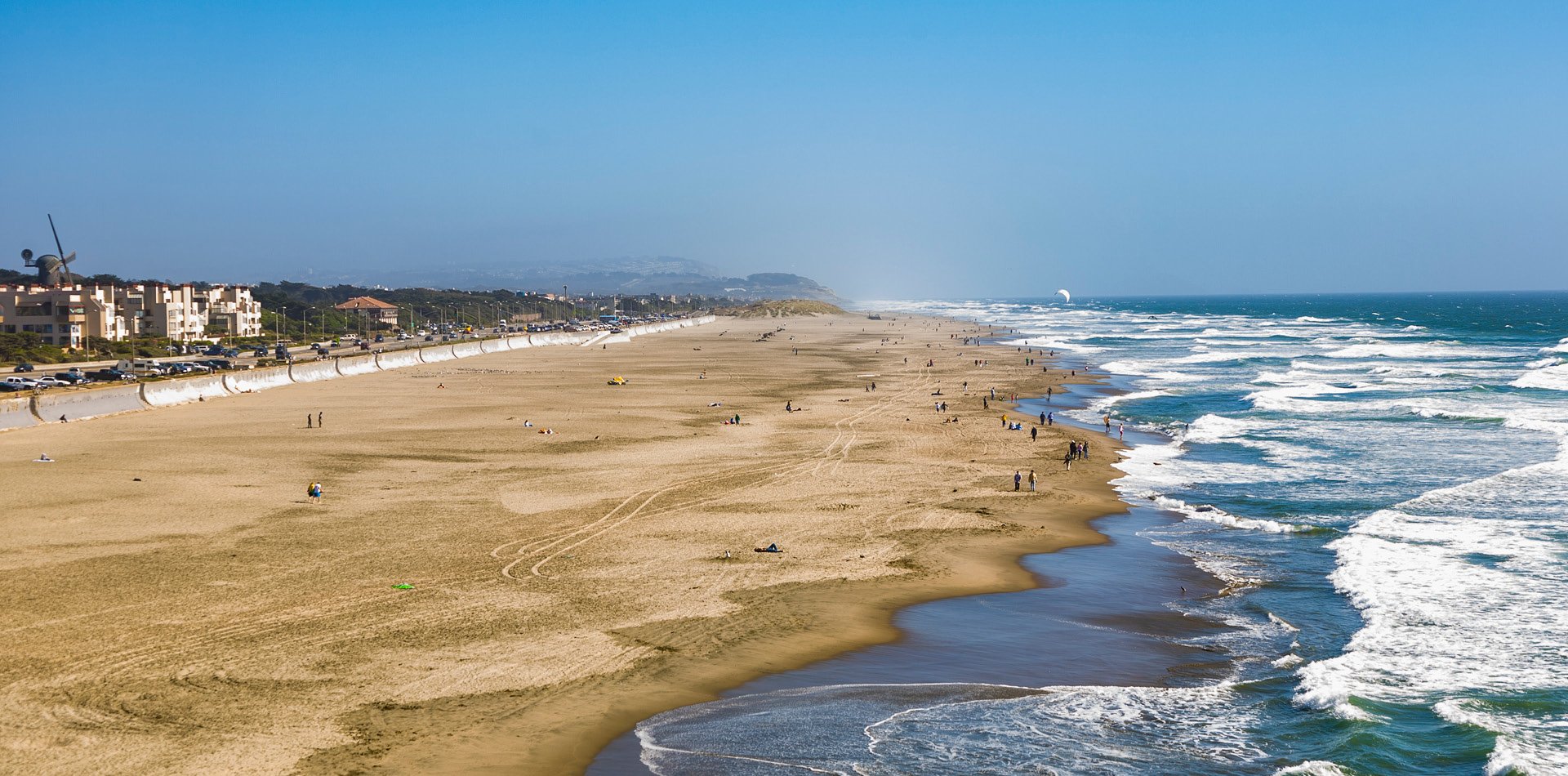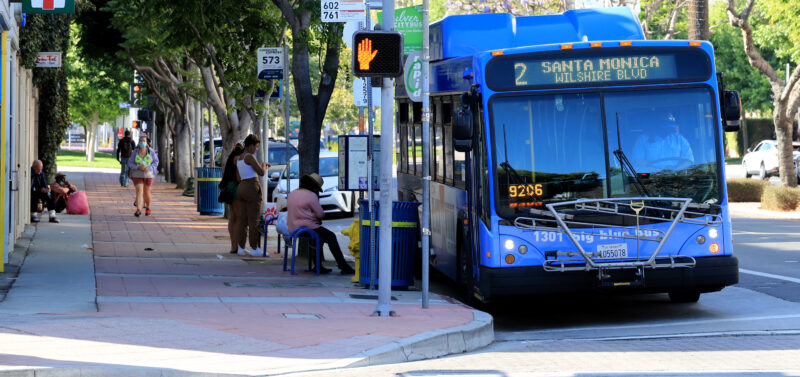ESA is pleased to sponsor, present, and attend this year’s AEP California State Conference in...

Oceanside Local Coastal Program Update
For California’s coastline communities, proactive coastal adaptation planning is vital for addressing the impacts of climate change and adapting to sea-level rise, and the City of Oceanside took action.
Why does this project matter?
This project will equip the City of Oceanside with effective adaptation strategies and a strong policy and program foundation to plan for, minimize, and avoid risks to its critical coastal assets.
What is ESA doing to help?
ESA is updating the City’s Local Coastal Program (LCP) Land Use Plan to reflect significant changes to the City’s coastal zone since the LCP’s original certification in 1986. The comprehensive update will enable the City to meet new state mandates for addressing sustainability and climate change. It will also reestablish priorities and policies for development, growth, and resource protection that are consistent with the California Coastal Act.
ESA is also helping the City to navigate the update process through preparation of a Coastal Hazard Vulnerability Assessment, a Coastal Hazard Adaptation Plan, an existing conditions background report, an LCP policy gap analysis and policy update, and a robust outreach program to maximize community engagement.
Connect with our team
"ESA’s thorough and measured approach to vulnerability assessment supports a proactive, transparent, and inclusive dialogue on how best to protect our shared coastal assets."
Details
Client City of Oceanside
Location Oceanside, CA
Market Community Development
Services
Agency Consultation & Coordination
Climate Change & Resilience
Climate Change Adaptation
Community Engagement
Community Planning & Design
Hydrology, Hydraulics & Geomorphology
Notable
One of the first LCP updates in California to include a Coastal Hazard Vulnerability Assessment, Coastal Hazard Adaptation Plan, and comprehensive update to the LCP Land Use Plan.

Similar Projects
News & Ideas
The ever-evolving housing market, demand for healthcare facilities, and rising e-commerce needs are just some...
It’s a blisteringly hot summer day in Huntington Park, California. A group of ten environmental...
Since the beginning of the interstate highway system in the late 1950s, transportation facilities were...
Climate Adaptation Plans (CAPs) provide actionable steps for local jurisdictions to reduce emissions and streamline...
Following the Sacramento Kings' move to their new stadium at Golden 1 Center, the 183...









